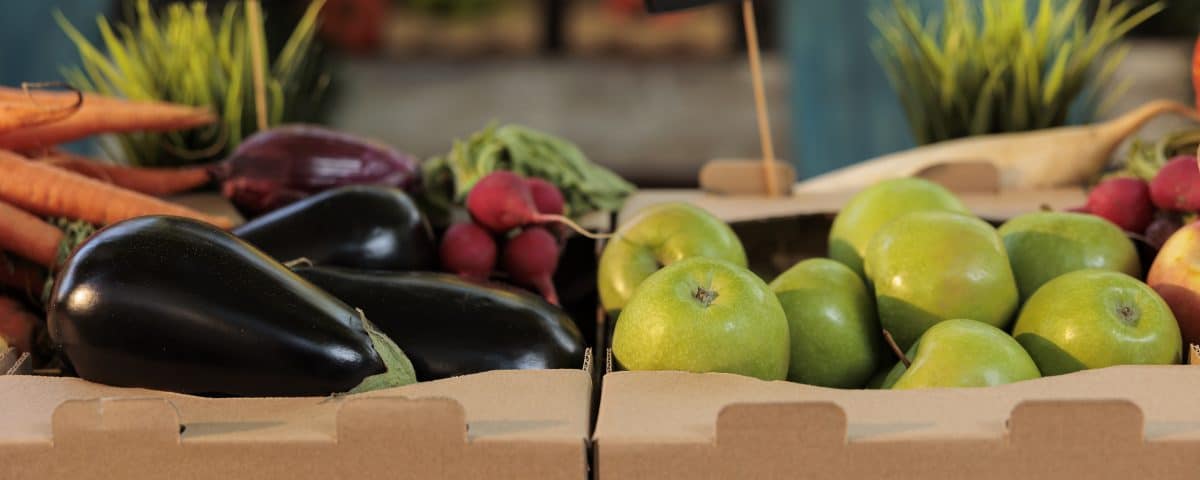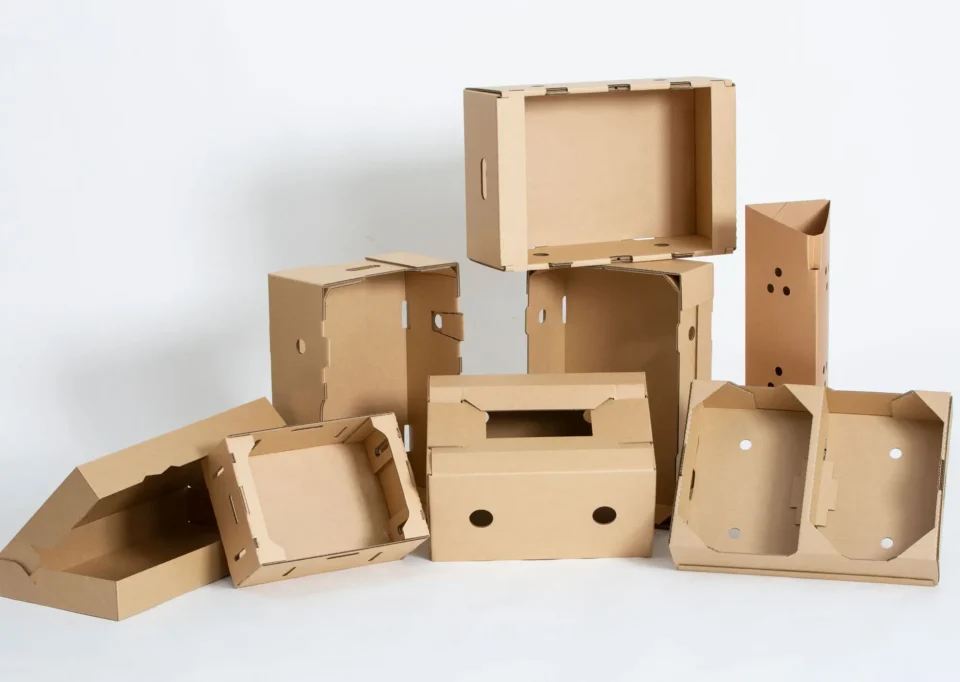
Uses of Custom Cartons: Innovative Packaging and Marketing Solutions
May 8, 2024
Display Cartons: the Benefits of Innovation in Design
May 14, 2024Vegetable shipping cartons are an ideal solution for shipping and storing vegetables in a safe and organized manner. These cartons are available in a variety of shapes and sizes to meet your specific needs, making them an ideal choice for vegetable growers and retailers alike. We also use these cartons in farms, markets, and distribution centers to store vegetables in an organized and easy-to-transport manner.
Advantages of vegetable shipping cartons
Vegetable shipping cartons have many features that facilitate the process of transporting and storing vegetables. Here are some of the main features of these cartons:
1. Vegetable protection: Provides the necessary protection for vegetables during the shipping and storage process, reducing their loss or damage.
2. Good ventilation: It has a design that allows air to flow freely, which helps prevent moisture from forming inside the box and maintains the quality of vegetables.
3. Light weight: We usually make them out of lightweight materials such as cardboard, which makes them easy to carry and transport.
4. Storability: We can easily fold them or stack them when not in use, saving space in warehouses.
5. Customized design: We can design cartons in different sizes and shapes depending on the needs of specific vegetables.
6. Eco-friendly: These cartons are often recyclable, reducing environmental impact.
7. Saving shipping costs: Thanks to their light weight, these cartons reduce shipping costs compared to other heavy cartons.
8. Product identification: We can print important information on the cartons, such as the type of vegetable, date, and place of origin.
9. Damage-resistant: These cartons have a sturdy design that protects vegetables from pressure and shock during transportation.
10. Moisture saving: Some of these cartons come with a moisture-resistant inner layer to prevent water and moisture from seeping outside.
Characteristics of vegetable shipping cartons
Vegetable shipping cartons are available in a variety of sizes and shapes to suit the different needs and requirements for packing and shipping vegetables. We can also customize carton sizes and shapes according to your special needs and the requirements of specific vegetables.
Here are some common types and their sizes:
1- Standard cartons: The dimensions of these cartons range from 30 x 30 x 30 cm to 60 x 40 x 40 cm. We use them for packing and shipping a variety of vegetables such as tomatoes, cucumbers, peppers, and potatoes.
2– Eggplant and tomato cartons: They usually come in a larger size than standard cartons, with dimensions ranging from 40 x 30 x 20 cm to 60 x 40 x 30 cm. These cartons are ideal for shipping eggplants, tomatoes, and other large products.
3- Cartons of leafy vegetables: their dimensions range from 30 x 30 x 30 cm to 60 x 40 x 40 cm. We use them to pack and ship more delicate vegetables such as lettuce, cabbage, and spinach.
4- Fruit cartons: their size ranges from 30 x 30 x 20 cm to 50 x 40 x 30 cm. We use them to ship fruits such as oranges, apples, bananas, and grapes.
5- Green vegetable cartons: They are usually small in size with dimensions ranging from 20 x 20 x 20 cm to 30 x 20 x 20 cm. We use them to ship green vegetables such as parsley, coriander, and mint.
6- Cartons of frozen vegetables: The dimensions of these cartons range from 40 x 30 x 20 cm to 60 x 40 x 30 cm. They are ideal for storing and shipping frozen vegetables such as peas and cut carrots.
In conclusion, vegetable shipping cartons are used to ship and store vegetables in a safe and organized manner. These cartons ensure that vegetables reach customers in good condition and high quality and contribute to reducing costs and protecting the environment thanks to their recyclability.




